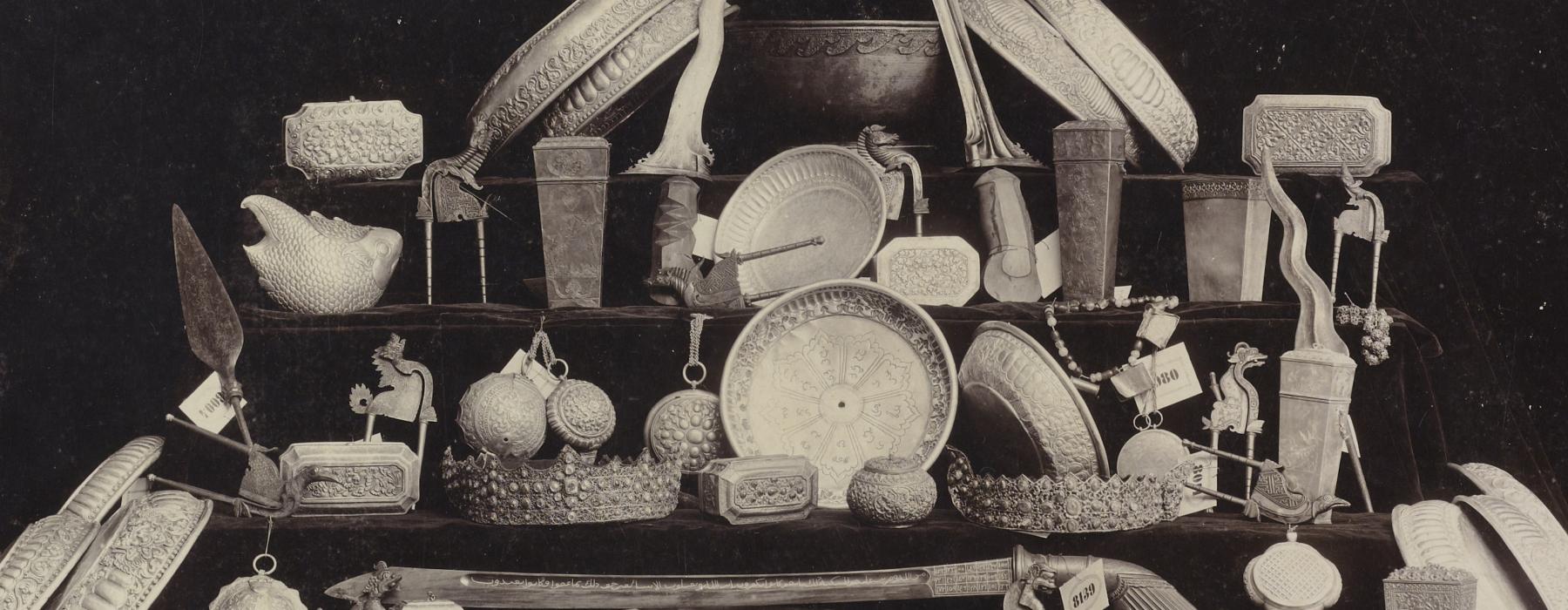
Arjun Appadurai (2016) has noted that if non-European objects have generally been made to tell stories about distant places and cosmologies, their journeys of displacement, relocation and rehabilitation have remained largely untold. Rather, such objects are made into ‘testaments’ to fixity, of both Europe’s superior figure and a variety of others as its always belated shadow. But if we shift our focus from origins and endpoints to the journeys in between, how might ethnographic collections reveal more complicated stories about colonial relations, un/intentional trajectories and transformations? Moreover, how might attending to objects in transit lead us to a richer and more nuanced understanding and conceptual vocabulary of the colonial conditions of their production and their affective possibilities in the present?
Ethnographic objects with their stretched-out histories, layered relations and multiple registers of value surely complicate, if not completely undermine, totalizing dichotomies of us/them. Instead, they open up to ongoing histories of connection, at times violent, intimate, convivial, oppressive, emancipatory, collaborative, combative, sympathetic, transformative, and so on. In short, objects reveal that what lies between ‘us and them’ is an entanglement that refuses a certain kind of foreclosure. And yet our conceptual vocabulary often falls short in the task of disclosing the varied complexities of such entanglement. How does the colonial transform concepts of gifting, exchange, migration, sharing, and responsibility? (How) can we develop a new vocabulary for addressing these relations and interactions that bears a sense of responsibility to the past, and also to claims for justice in the present?
- Arjun Appadurai, Dictionary of Now #4: Sharon Macdonald, Tony Bennett & Arjun Appadurai – THING, Ethnologisches Museum Berlin, 10 October 2016.